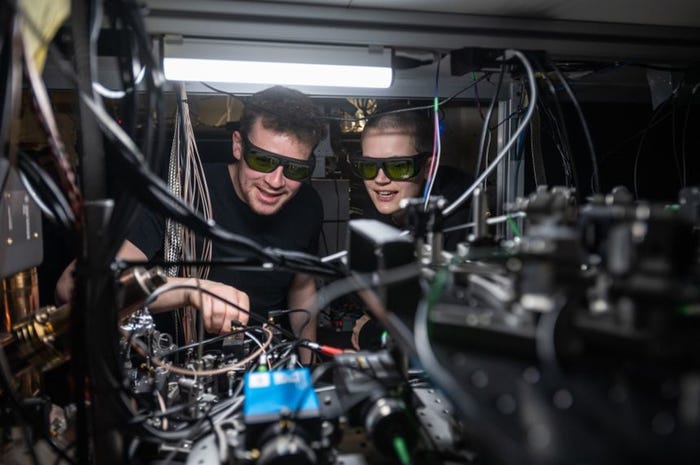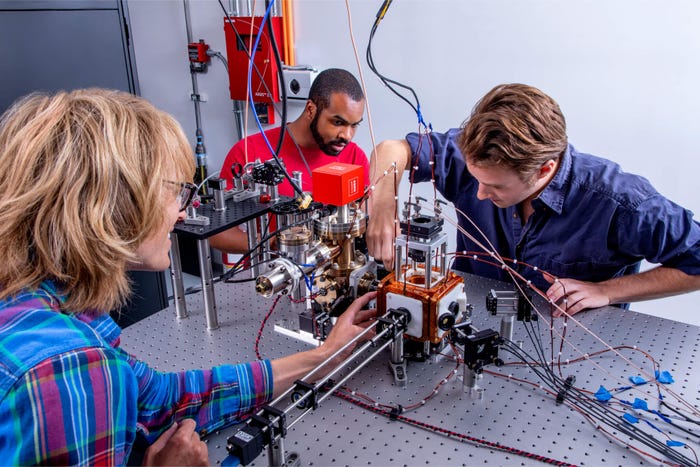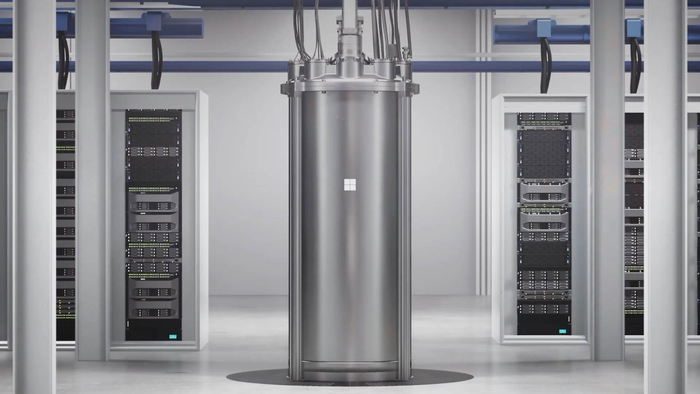
Connects decision-makers and solutions creators to what's next in quantum computing
Quantum, AI Combine to Transform Energy Generation, AI Summit LondonQuantum, AI Combine to Transform Energy Generation, AI Summit London
E.ON is using quantum computing for a future decentralized power grid and is looking to enhance AI operations at power plants

The electrical grid is very complicated. Nobody thinks about it ever until it doesn't work. But it is critical infrastructure that runs minute-to-minute — energy being consumed now was generated milliseconds ago, somewhere far away, instantaneously shot through power lines and delivered.
This gets more complicated when locally generated sustainable energy joins the mix, pushing it beyond the capabilities of classical computing solutions. Home energy supplier E.ON is trialing quantum computer solutions to manage this future grid.
Speaking at the AI Summit London, E.ON chief quantum scientist Corey O’Meara explained the challenges presented by future decentralized grids.
“The way grids are changing now is, if buildings have solar panels on the roofs, you want to use that renewable energy yourself, or you might want to inject that back into the grid to power your neighbor's house,” he said.
This decentralized energy production and peer-to-peer energy-sharing model presents a massive overhead for an aging grid that was never meant to be digital. E.ON is working on solving this renewable energy integration optimization problem using quantum computing.
E.ON also uses AI extensively and some functions could in the future be enhanced using quantum computing. An important example is AI-driven predictive maintenance for power plants.
“Power plants are complex objects that have thousands of sensors that measure and monitor factors such as temperatures and pressures and store the data in the cloud. We have AI solutions to analyze them to make sure that they're functioning correctly,” said O’Meara.
“We published a paper where we invented a novel anomaly detection algorithm using quantum computing as a subroutine. We used it with our gas turbine data as well as academic benchmark data sets from the computer science field and found that the quantum-augmented solution did perform better but only for certain metrics.”
E.ON plans to develop this trial into an integrated quantum software solution that could run on today's noisy, intermediate-scale quantum computers rather than waiting for next-generation fully error-corrected devices.
Read more about:
AI Summit London 2024About the Author
You May Also Like






